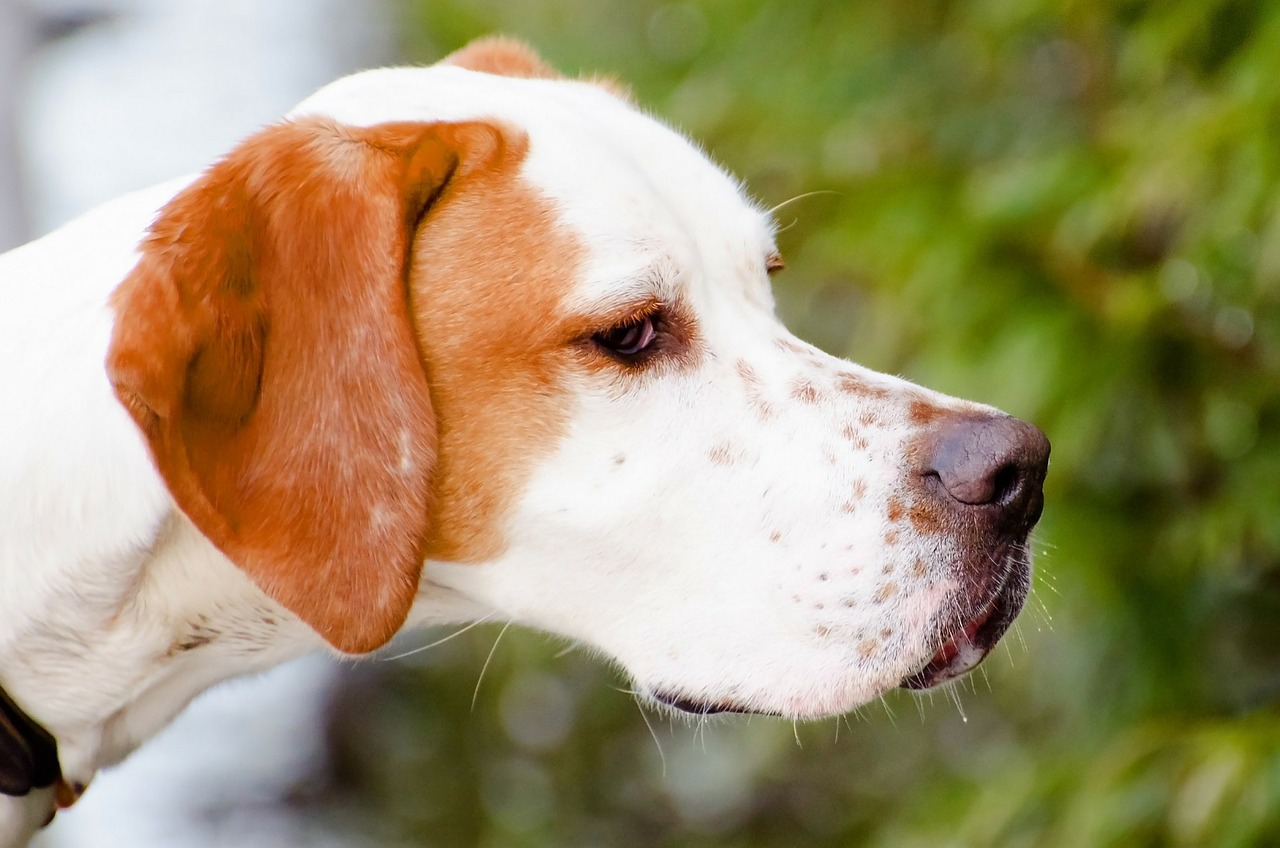Dogs have the reputation for offering unconditional love, and over-the-top affection. So if your new dog is acting disinterested in you, it can feel as though he doesn’t like you.
This can leave a new dog owner feeling confused and rejected. Here are some reasons that your dog may be acting stand-offish towards you.
Before you get too offended about your dog rejecting your friendship, consider that he is not making a judgement on your character. He is most likely responding to something you are inadvertently doing or something he is perceiving.
Here are some possibilities:
He is Afraid of You: If your dog cowers, urinates spontaneously, hides from you, or acts aggressively – he may be afraid of you. Particularly common in adopted and rescued pets, your new dog could be triggered by virtually anything that brings up memories of a traumatic past. He may dislike men, get spooked by loud noises, or even react to a certain color. If you suspect that your dog may be fearful and you are not aware of the cause, the best course of action is to bring him to a veterinarian for assistance. You may negatively remind him of someone from his past, and that may take some time and training to overcome.
You are Inconsistent: If you usually allow your dog to jump up on the couch, but then yell at him for doing so when he is wet – he doesn’t understand the distinction, and can get confused. If you are usually even-tempered but once in a while lash out and scold him, he can learn to distrust you. It is difficult for a dog to understand what mood he may encounter on any given day, so may decide to simply keep his distance to be safe. Consistency will help with his learning to trust you.
You Are Annoying: Ok, we said that a little tongue in cheek, but if you regularly do something that your dog doesn’t like, he may simply avoid being around you. This may include a hobby that includes loud noises, or even always trying to pet a dog who is already anxious or fearful. Pay attention to if there is a specific behavior that seems to make your dog leave the room or hide, and work on easing their anxiety about it.
What to Do About It
In order to build a bond with your new dog, try interactive play. Studies have shown that most dogs enjoy chase-and-runaway games, as well as lunging forward and stopping and play bowing. These movements mimic those they would play with another dog, and can work to build trust and rapport. The more time playing with your new dog, the more he should come to trust you and enjoy your time together.
Taking leisurely walks should help as well. Without being permissive about desired behaviors such as loose leash walking, keep your tone light and happy and give treats when they act appropriately. They will soon learn to consider walks a pleasant experience – and the person who walks with them, a trusted human friend.
If another member of the family typically feeds the new dog, ask if you can take over that chore for a while. Dogs will learn to adore the person who provides their food – and will excitedly await you showing up to do so. Finally, consider patting the dog on his back or sides, vs. trying to pet his head. Reaching for a dog’s head when he doesn’t trust you can cause alarm.
Overall, humans should just be aware that dogs are very loving and forgiving creatures. They don’t make arbitrary decisions about who they “like” or “dislike”. Rather, they are reacting to something that perhaps even they do not understand. Helping them to figure it out will go a long way to building rapport.
For more tips and help with training your new dog, visit Gulf Coast K9 Dog Training.





